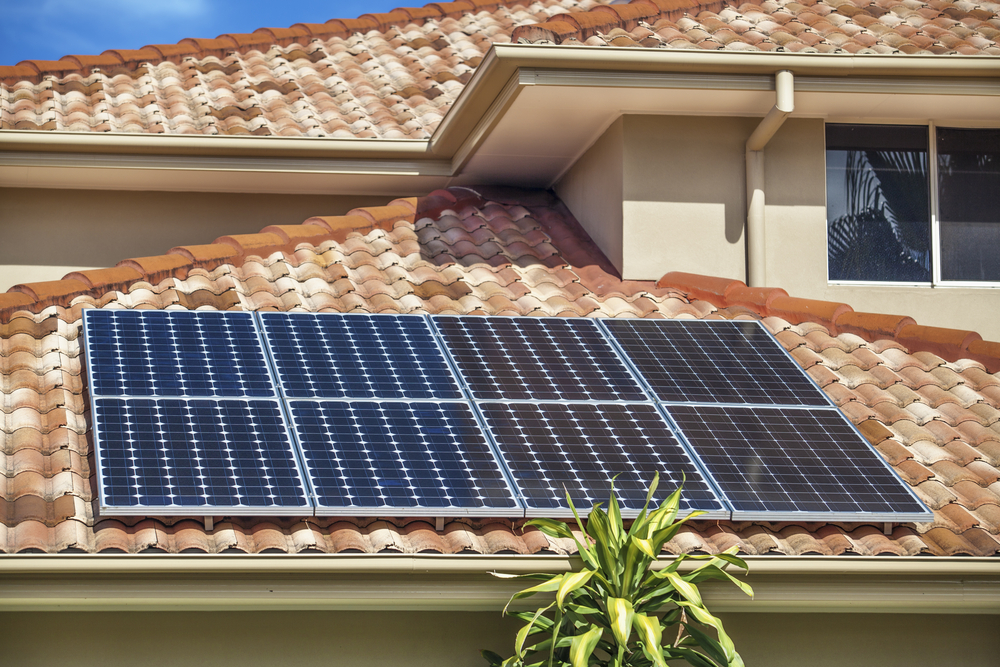Leasing vs. Buying Solar Panels – Which Is Best?
June 8, 2024

Solar energy has gained significant traction in recent years as homeowners and businesses seek sustainable alternatives to traditional energy sources. As solar power becomes more accessible, one question often arises: should you finance or lease your solar panels? In this Solar guide, we’ll explore the key differences between financing and leasing solar panels, helping you make an informed decision about which option is best for your unique circumstances.
Understanding Solar Financing
Solar financing, in simple terms, is the process of purchasing solar panels through a loan or another form of financial arrangement. Here’s a closer look at the benefits and considerations of this approach:
1. Ownership and Long-Term Savings
With solar financing, you own the solar panels from day one. This means you’re eligible for valuable incentives like the federal solar investment tax credit (ITC), which can significantly reduce your upfront costs. Additionally, owning your solar panels allows you to benefit from long-term savings on your energy bills. As you generate your electricity, you’ll gradually recoup your initial investment.
2. Return on Investment (ROI)
When you finance your solar panels, you can expect a positive ROI over time. While the initial investment may seem substantial, the savings on your energy bills, coupled with potential increases in your property’s value, can result in a profitable venture. Many homeowners find that they recoup their initial investment within five to seven years, and the savings continue to grow.
3. Financing Options
Solar financing offers a variety of options, including:
- Solar Loans: Traditional loans with fixed or variable interest rates.
- Home Equity Loans or Lines of Credit: Utilize your home’s equity to finance your solar installation.
- Solar Power Purchase Agreements (PPAs): Enter into an agreement with a solar provider to purchase the electricity generated by the system at a predetermined rate.
Exploring Solar Leasing
Leasing solar panels is an alternative approach that offers some unique advantages. Let’s delve into the details:
1. Low Upfront Costs
One of the primary benefits of solar leasing is the minimal upfront cost. You’ll typically pay little to nothing for the installation, making solar energy accessible to a broader range of homeowners.
2. Maintenance Included
Leasing often includes maintenance and monitoring services, ensuring that your solar system operates efficiently throughout its lifetime. This can save you time and hassle compared to owning and maintaining your system.
3. Fixed Monthly Payments
With solar leasing, you’ll have fixed monthly payments for the duration of the lease agreement. This predictability can help you budget effectively and avoid unexpected expenses.
Comparing Financing and Leasing: What’s Right for You?
Now that we’ve explored the key features of both financing and leasing, it’s time to consider your specific needs and priorities.
Choose Financing If:
- Ownership Matters: If you want to own your solar panels and benefit from long-term savings and incentives, financing is likely the better choice.
- Tax Benefits: Financing allows you to claim valuable tax incentives like the federal ITC.
- Long-Term Investment: If you view solar energy as a long-term investment, financing offers the potential for significant returns.
Choose Leasing If:
- Low Upfront Costs: If you have budget constraints, leasing can provide an affordable entry point into solar energy.
- Minimal Maintenance: If you prefer not to deal with system maintenance and repairs, leasing offers peace of mind with included services.
- Predictable Payments: Fixed monthly lease payments can make it easier to manage your finances.
Conclusion
There is no one-size-fits-all answer. The choice ultimately depends on your financial situation, priorities, and objectives. Whether you opt for financing to gain ownership and maximize long-term savings or choose leasing for its affordability and convenience, both paths lead to the rewarding world of solar energy.
Before making your decision, consult with reputable solar providers who can assess your needs and provide tailored solutions. With solar energy, you’re not only making an environmentally conscious choice but also a wise financial investment that can benefit you and your community for years to come. So, are you ready to harness the power of the sun? The choice is yours.